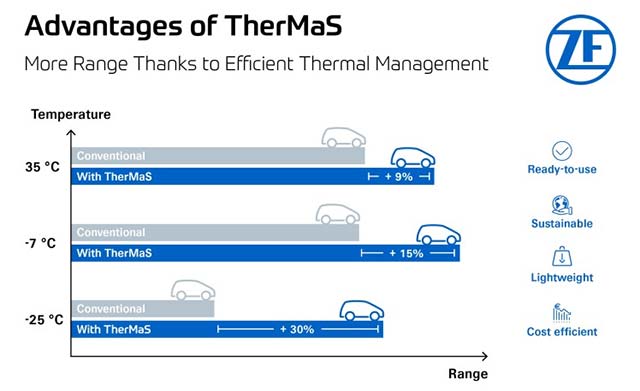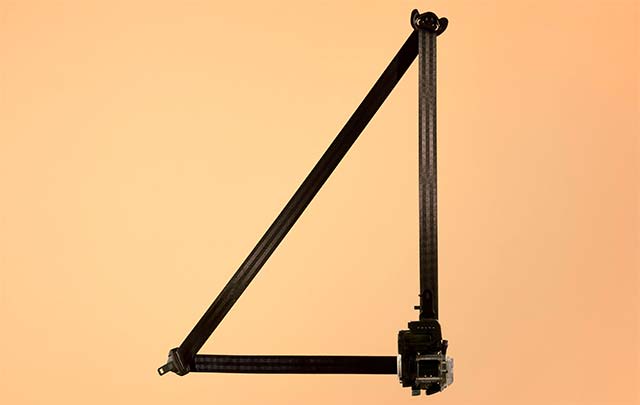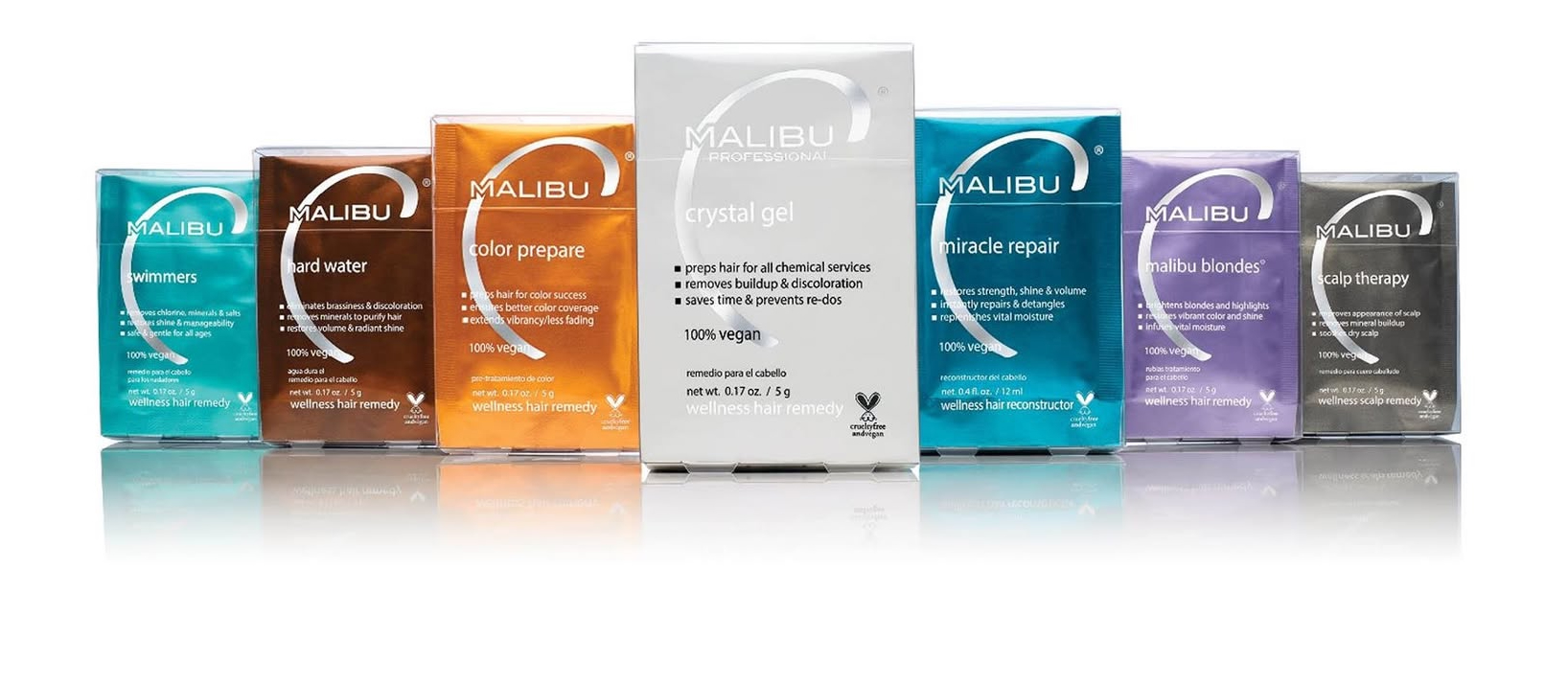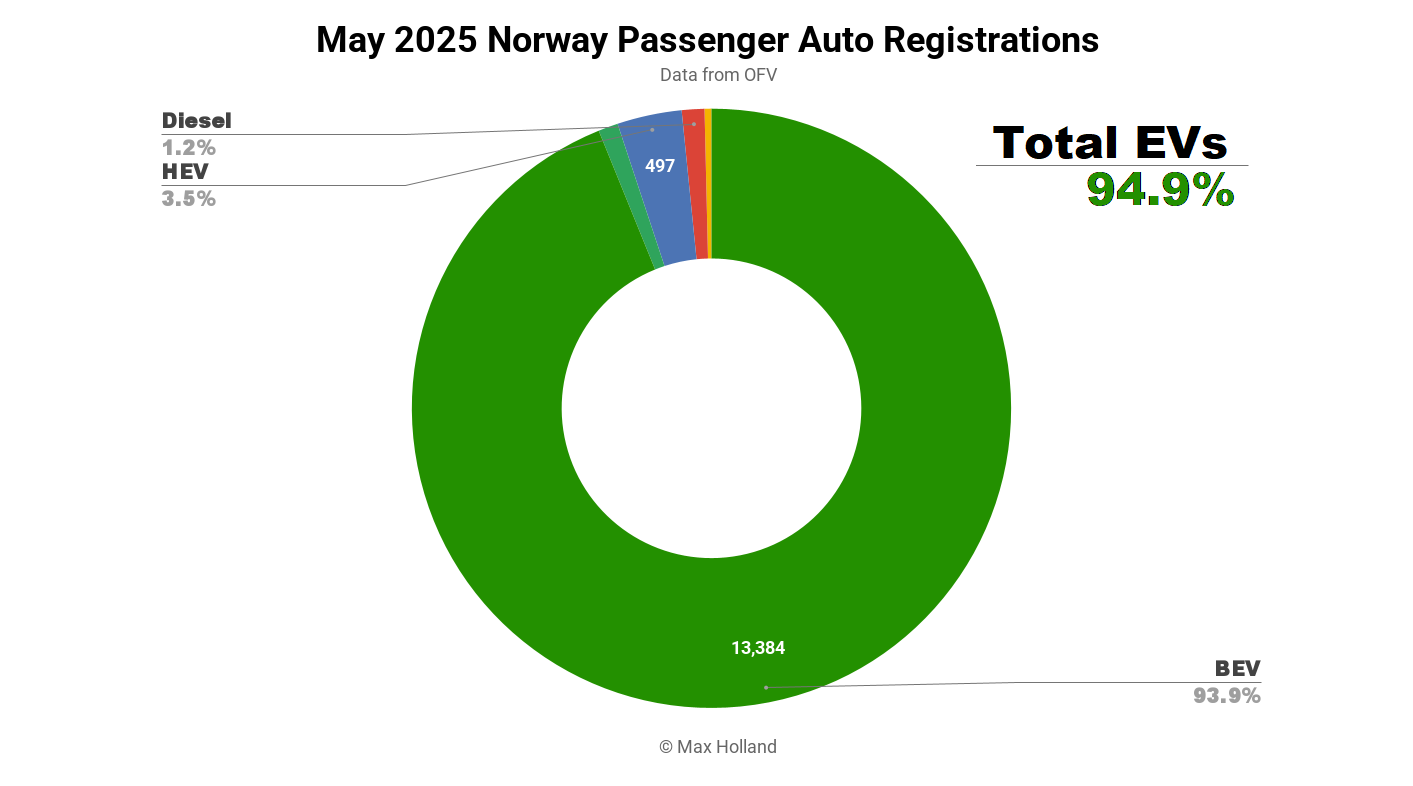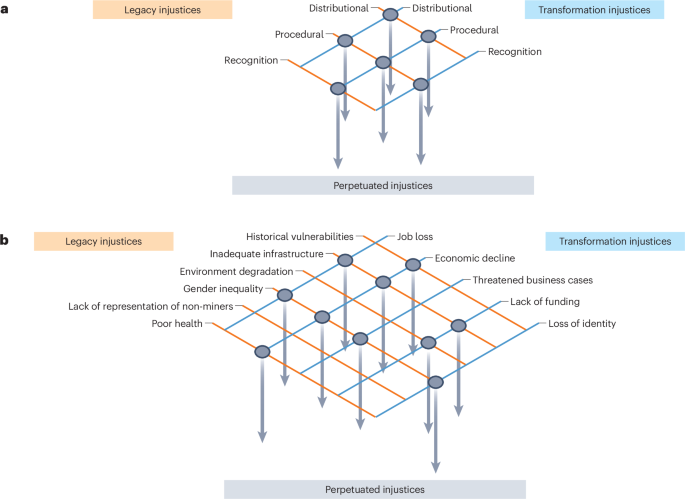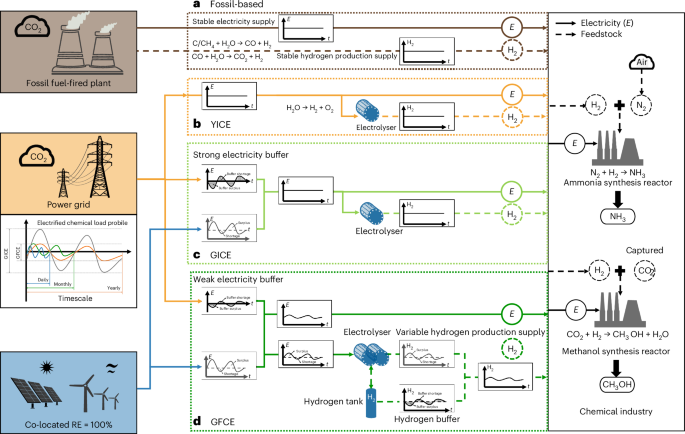Temu Loses 58% of US Daily Users After Trump Administration Cancels De Minimis Exemption
Temu reportedly lost a significant amount of U.S. traffic on its app.

After the Trump administration canceled the “de minimis” exemption on May 2, daily U.S. users of online discounter Temu dropped 58%, according to data collected by market intelligence firm Sensor Tower and reported by Reuters. Before it was eliminated, the exemption let Chinese goods valued at $800 or less into the U.S. free of tariffs.
Ever since the trade war between the U.S. and China began, Temu has been struggling to adapt to the rapid changes. Under the current tariff policy, goods that formerly qualified for the de minimis exemption now carry a 30% customs fee.
Despite new expenses, Temu has focused on keeping prices level. The company has been working with suppliers and has made changes to its order fulfillment infrastructure.
“No matter how policies shift, we’ll continue to strengthen our operations in the markets we serve, helping more local merchants grow on our platform, and enabling more orders to be fulfilled from local warehouses,” said Lei Chen, co-CEO of PDD Holdings, which owns Temu, per PYMNTS.
To save costs, Temu slashed ad spending in the U.S. With that, it has also been building a stronger presence outside the U.S.
Temu’s Parent Company Reports Poor Earnings Last Quarter
Late last month, PDD Holdings released first-quarter earnings. The report revealed a stunning 47% profit loss, with net income hitting 14.7 billion yuan ($2.04 billion). Total revenue reached 95.7 billion yuan ($13.3 billion), a disappointment compared to analysts’ expectations of 102.5 billion yuan.
The poor performance was blamed on a “radical change in external policy environments such as tariffs.” Profitability was also impacted by increased investments in merchant and customer support.
For years, Temu and rival SHEIN used the de minimis exemption to build retail empires in the U.S. With the rule in place, both companies could offer products at much lower prices than many American competitors.
Until the dust settles with current U.S. tariff policy, it’s hard to predict the long-term effects on price and supply of imported goods. For now, Americans used to low-priced deals from Temu and SHEIN may need to face a new reality of paying more for items. Of course, there is also the slight possibility the de minimis exemption comes back as trade policy continues to evolve.























